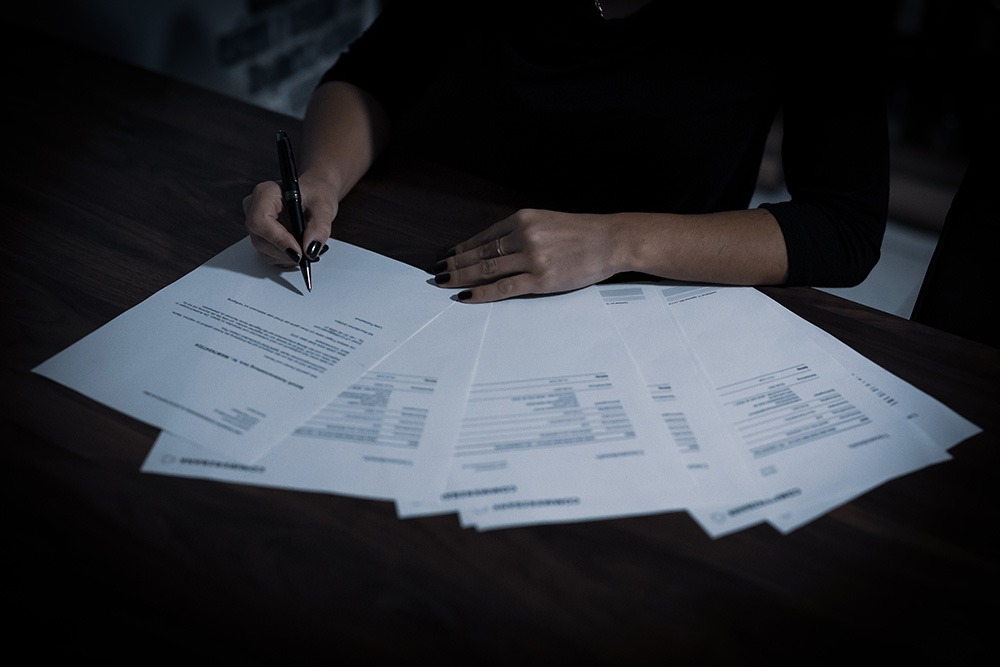The official deadline to file and pay your self-assessment is midnight on the 31st of January. This year, however, the government has granted a waiver on penalties for late filing and late payment. Effectively, therefore, the actual deadlines are 28th February (to file online) and 1st April (to pay). With that said, it’s better to file and pay on time if you can.
Interest will still be applied to late payments
Although HMRC is waiving penalties for late filing and payment, it will still charge interest on late payments. Fortunately, interest rates are still very low. With that said, they could definitely go up between now and April. Even if they don’t, it’s best to avoid paying HMRC any more than you absolutely have to.
Acting quickly now can save rushing later
The earlier you start the process of filing your tax returns, the more time you give yourself to finish it. Having time on your side means that you’re much less likely to feel the need to rush later. When you rush, it’s easier to make mistakes. When those mistakes involve HMRC, they can get expensive (and very inconvenient).
You also give yourself more room to manoeuvre around whatever else you have to do and/or whatever else life throws at you. For example, you give yourself the option to reschedule tax-related tasks to accommodate tasks that will actually grow your business. It will also create less stress if life throws you a curveball you need to handle urgently.
Overall, therefore, your Plan A should ideally be to file and pay your taxes by midnight on the 31st of January. If, however, that’s unrealistic for you, then it’s time to keep calm and carry on. Focus on getting yourself organized so you have the best chance of meeting the extended deadlines. Here is a quick plan of action to help.
Make sure you can access HMRC’s online filing portal
You will need your Unique Taxpayer Reference number, your Government Gateway user ID and a password. Make sure that you have all these and that they work. If you have changed your mobile number since you last used the Government Gateway, you will need to update it so you can receive your access code.
Book time with an accountant
The end of the tax year is when accountants are most in demand. Make it a priority to book time with them so that they can at least check your filing for errors. Ideally, you’ll give them enough time to assess your finances thoroughly so they can check if you are minimizing your tax liability.
Get your paperwork in order
You need to declare all relevant income. It’s highly advisable to claim all permitted deductible expenses. Either way, it’s vital to be able to back up your claim if you are audited. The good news is that it’s now highly unusual for HMRC to require documentation to be kept on paper. Usually, clear scans are perfectly fine.
Create your filing and have it checked by someone else
- File your return by midnight on 28th February even if you know you can’t pay the bill immediately.
- Pay or make an arrangement to pay
- Pay immediately if you can. If you can’t, set a reminder to pay by midnight on 1st April and remember to allow for interest charges. If you can’t pay, then arrange a payment plan with HMRC.
Jo Moran
Jo Moran is a Chartered Accountant at Rogers Spencer and has been working with us since 2011. Jo specialises in Accountancy Solutions, Audits and Payroll Administration. Find out more about Jo here.

